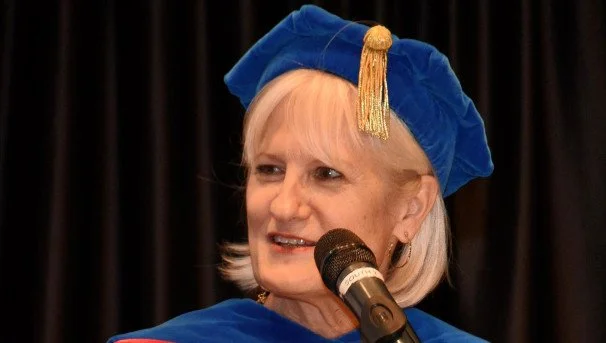1. Are you Raising a Narcissist? Steve Cornell offers a helpful inventory. Among the many gems is this one: "Don’t be the parents who overindulged a child’s sense of personal beauty or talent. This will lead to self-deception, narcissism and social dysfunction. It’s also a sure path to marital misery!"
2. 5 Things Every Newly Wed Needs to Hear: Daryl Crouch with wisdom for couples. In reflecting on what the role of those witnessing the wedding is, he shares, "The purpose of this kind of public declaration of loyal love is more than grandstanding. When you mailed your wedding invitations, you were also asking these loved ones to stay involved in your life and your marriage. A wedding includes people who know you, love you, and care about your future success. They’re not only witnesses who observe the moment you exchange rings, they’re people who will pray for you, counsel you, and invest in you. They’re the people who will help you keep the vows they’ve heard you make."
3. What do Evangelicals Believe? This survey of evangelicals by the Ligonier Ministries is disconcerting to say the least. Perhaps the most concerning response came to this statement: " God accepts the worship of all religions, including Christianity, Judaism, and Islam." 51% of evangelicals agreed with that statement."God accepts the worship of all religions, including Christianity, Judaism, and Islam." A majority of evangelicals agree that God can be worshiped by those who haven't put their trust n Jesus Christ.
4. 5 Myths About Calvinism: This helpful article by Greg Forster debunks including "God saves us against our will," and "God does not love the lost." On the former, Forster explains, "The role of the Spirit is to remove the power of sin and instill new powers of belief and trust, which do inevitably result in saving faith–but this is done without violating the will’s freedom. In fact, the work of the Spirit enlarges our freedom."
5. Greenland-Land of Ice: What a gift to be able to see remote places of the world in all their beauty.













